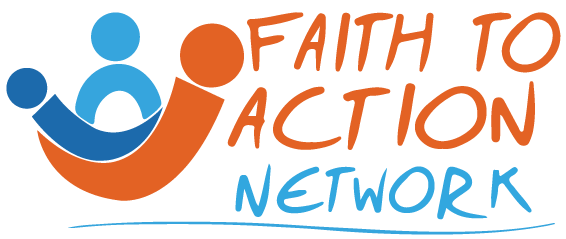Communication
Approach
We promote communication guided by respect and sensitivity that offers alternative terminology, adapted to different cultural and religious contexts, to increase faith organisations’ acceptance of informed content and help faith champions reach millions.
Communication
Effective Communication for Change
At Faith to Action Network, we believe in the power of respectful and sensitive communication to foster understanding and collaboration across diverse cultural and religious contexts. Our communication strategy is designed to increase the acceptance of informed content among faith organizations and help faith champions reach out to people.
Our Communication Approach
-
Theological Narratives
We develop sound theological narratives that align with the values and beliefs of various faith communities. These narratives challenge misconceptions and provide vibrant alternatives that resonate with religious leaders and their followers.
-
Targeted Messaging
Our greenhouses come equipped with advanced By analyzing power relationships and chains of influence, we craft communication materials that effectively reach and influence key individuals and institutions. Our messages are grounded in religious texts and medical knowledge. regulation, humidity control, and automated ventilation. These systems help maintain ideal growing conditions, boosting plant health and crop yields. With automated systems, you can monitor and adjust the environment with ease, reducing manual labor and improving efficiency.
-
Diverse Channels
We utilize a wide range of communication channels, including digital technologies, social media, traditional media, and religious media. This includes activities in places of worship, working with congregations, women’s and youth groups, and religious radio stations.
-
Media Engagement
Our communication efforts extend to national, regional, and international audiences through articles, press conferences, press releases, and media field trips. We provide journalists with in-depth views of our members’ efforts and successes in promoting family health, gender equality, and pluralism.


